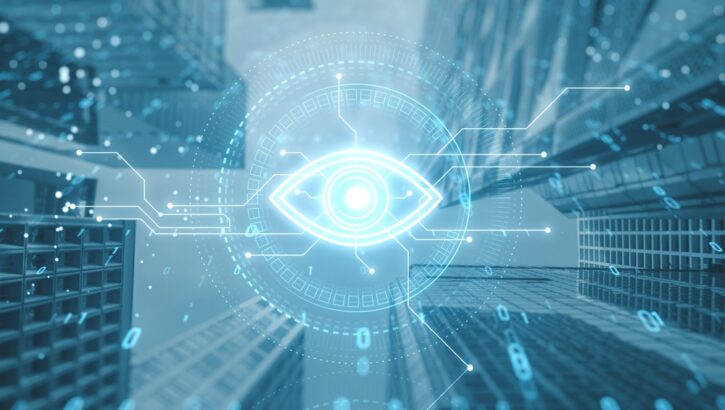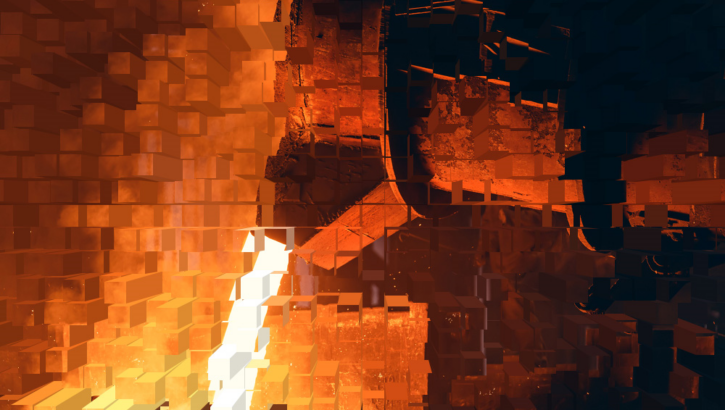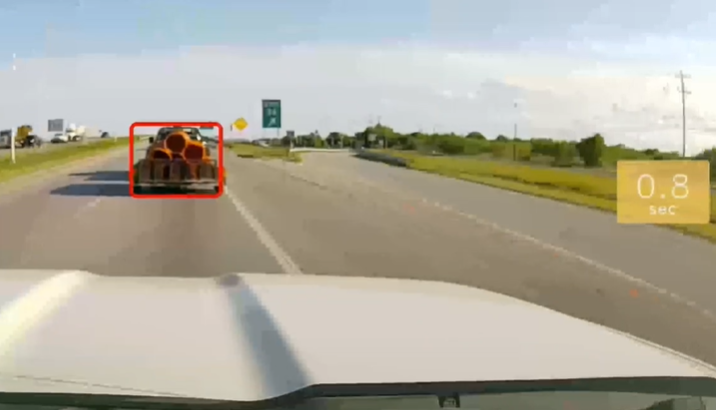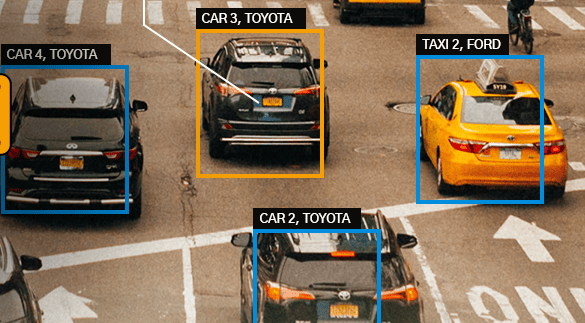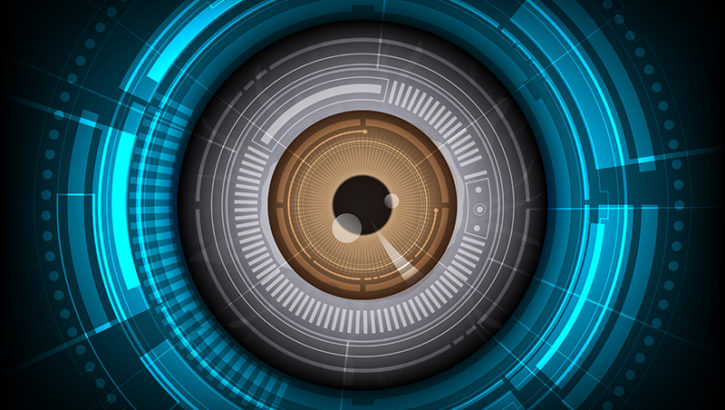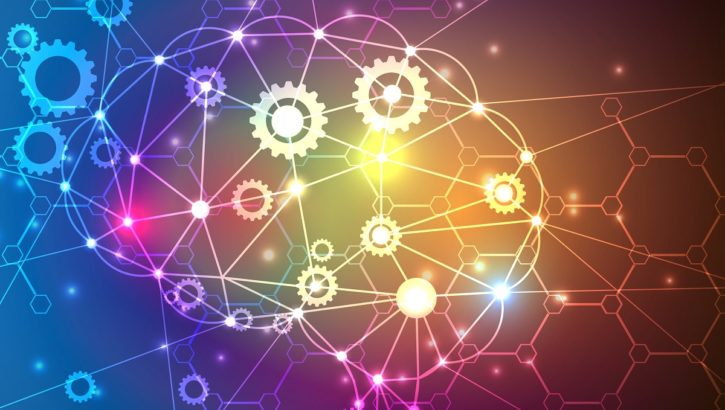
Tag: computer vision
When Will Large Vision Models Have Their ChatGPT Moment?
The launch of ChatGPT in November 2022 was a watershed moment in natural language processing (NLP), as it showcased the startling effectiveness of the transformer architecture for understanding and generating textual dat Read more…
Can Scale Become the ‘Data Foundry’ for AI?
Scale AI, which provides data labeling and annotation software and services to organizations like OpenAI, Meta, and the Department of Defense, this week announced a $1-billion funding round at a valuation of nearly $14 b Read more…
Why Samsara Picked Ray to Train AI Dashcams
When the engineers at Samsara began building their first smart dashcam several years ago, they found themselves using a series of different frameworks to collect data from the IoT devices, train the machine learning mode Read more…
Patterns of Progress: Andrew Ng Eyes a Revolution in Computer Vision
Andrew Ng sees a pattern in AI. The visionary computer scientist recently gave a keynote address at the AI Hardware Summit where he predicted a forthcoming revolution in computer vision that could radically transform how Read more…
Alluxio Touts 4X Greater GPU Utilization for AI Training
Customers that use the high-speed cache in the new Alluxio Enterprise AI platform can squeeze up to four times as much work out of their GPU setups than without it, Alluxio announced today. Alluxio also says the overall Read more…
Landing AI Seeks Speed and Simplicity for Computer Vision Apps
It may surprise you to learn that, despite the massive hype around large language models, investments in computer vision AI continue to be made. One of the companies accelerating development in this field is Andrew Ng’ Read more…
Saving Sea Turtles with SAS’s ConserVision App
In case you missed it, Tuesday was World Turtle Day, as designated by the non-profit organization American Tortoise Rescue. Even if turtle conservation wasn’t on your to-do list this week, the folks at SAS have a way f Read more…
Galileo Charts Data Quality Course-Correction for AI Teams
For several months, the Silicon Valley startup Galileo has been selling an AI-powered product designed to help correct data quality issues for natural language processing (NLP) models and applications. Today the company Read more…
Andrew Ng’s Landing AI Offers Free Trial of LandingLens CV Platform
Landing AI, Andrew Ng’s cloud-based platform for computer vision, has announced a free trial of its flagship CV offering, LandingLens. The company says the free trial offer is meant to democratize the creation of artif Read more…
Airbus is Teaching Planes to Land Themselves
Most people are familiar with autopilot, the system that controls an airplane’s speed, altitude, and heading under the watch of trained pilots. For the most part, pilots are still in charge of takeoffs and landings, bu Read more…
Stable Diffusion Collaborator Raises $50M, Touts Democratization of AI-Created Content
Runway, one of the organizations behind the controversial Stable Diffusion image and video generation model released earlier this year, announced it has closed a Series C round of venture capital funding worth $50 millio Read more…
AI Democratization a Work in Progress, H2O’s Ambati Says
While only about 1% of companies are making the most of their data today, real progress is being made in democratizing the use of AI, and the future of business automation via AI is quite bright, H2O.ai’s CEO and found Read more…
The Key to Computer Vision-Driven AI Is a Robust Data Infrastructure
For infrastructure, the sign of true greatness is to go unnoticed. The better it is, the less we think about it. Mobile infrastructure, for example, only ever crosses our minds when we find ourselves struggling to unders Read more…
Video Analytics Platform VisualCortex is the New CV Kid in Town
A new video analytics platform, VisualCortex, has been launched globally. The company says its enterprise-grade platform is capable of facilitating any real-time or historical video analytics use cases, unlike single-use Read more…
Dataiku 11 Release Offers Enhanced AI Toolset
This week at its data and AI conference in London, Dataiku announced an update of its data science and AI platform, Dataiku 11. The company says the new release “provides new capabilities for expert teams to deliver mo Read more…
MIT Advances Unsupervised Computer Vision with ‘STEGO’
Training machine learning models often means working with labeled data. For computer vision tasks, this might look, for instance, like an hour of camera footage from a car, meticulously sectioned by humans to designate r Read more…
Computer Vision Platform Datagen Raises $50M Series B
Datagen, a firm specializing in computer vision artificial intelligence, announced it has raised $50 million in a Series B round bringing its total financing to $70 million. Computer vision (CV) has quickly become ubi Read more…
Nothing Runs Like a GPU-Powered, Fully Autonomous Deere
We’re still a few years from having self-driving cars take to the roadways en masse. But later this year, farmers will be able to start running fully autonomous John Deere tractors in their fields, enabling them to mon Read more…
Data Science and AI Predictions for 2022
The pace of technological change increased in 2021, and if history is any guide, will continue to accelerate in 2022. At the leading edge of high tech are data science and artificial intelligence, two disciplines that pr Read more…


